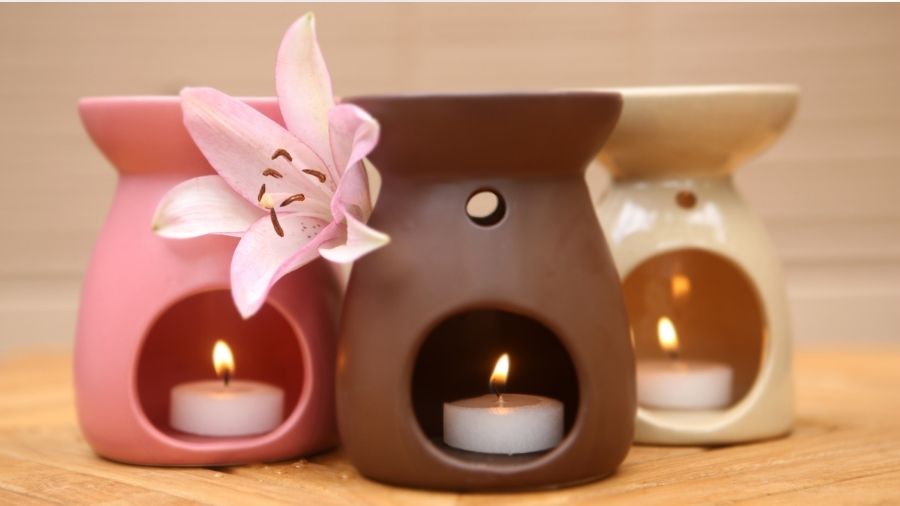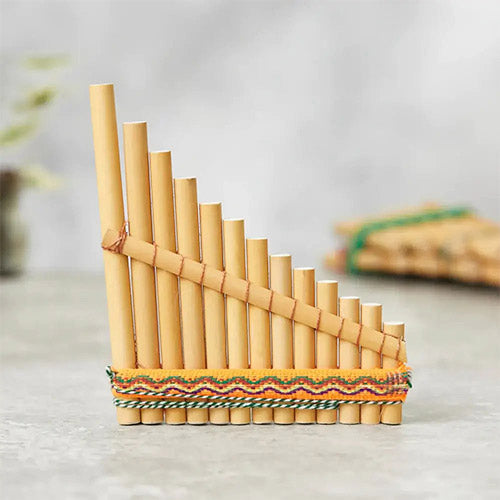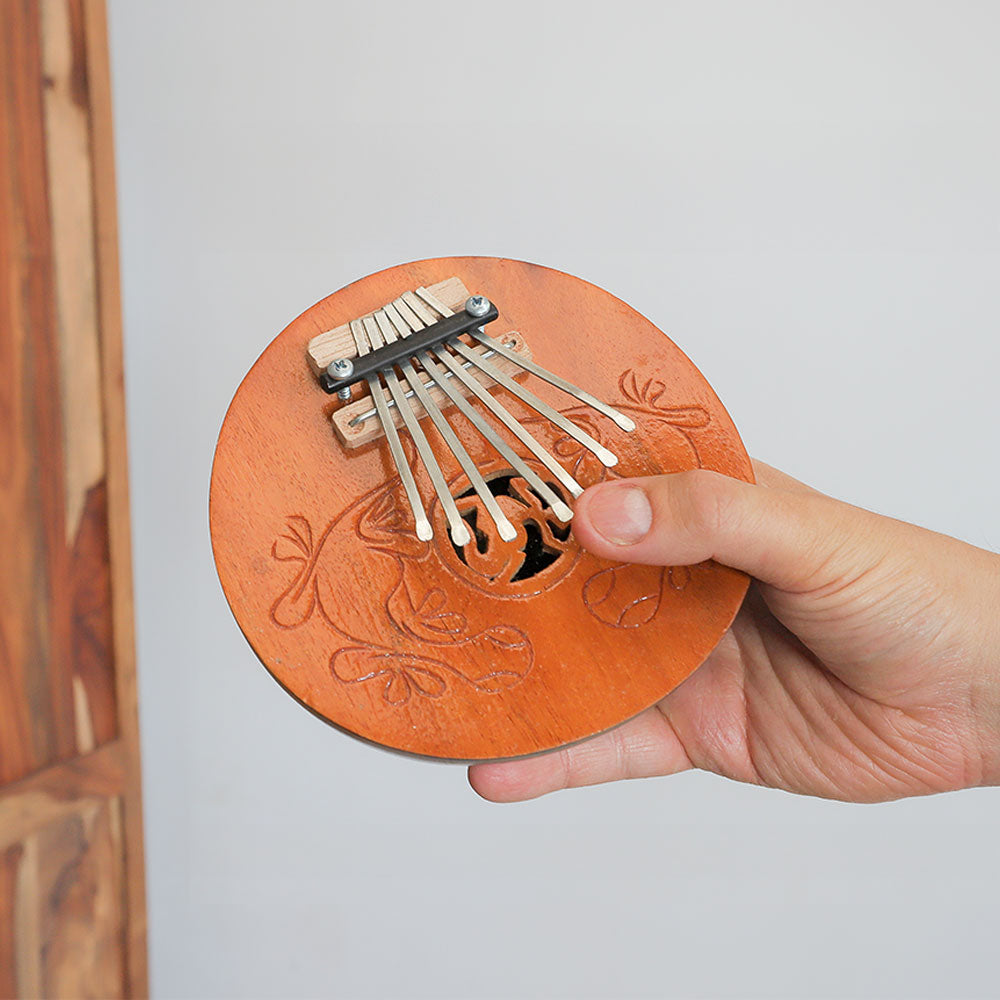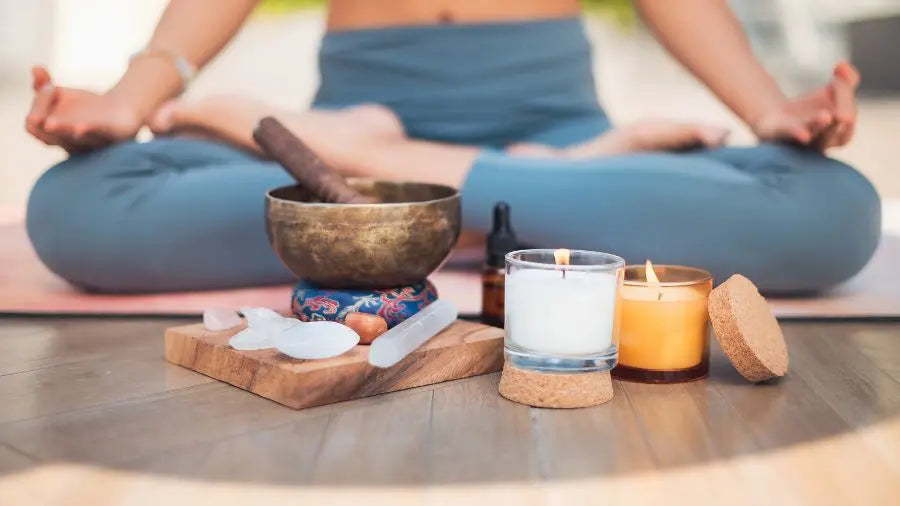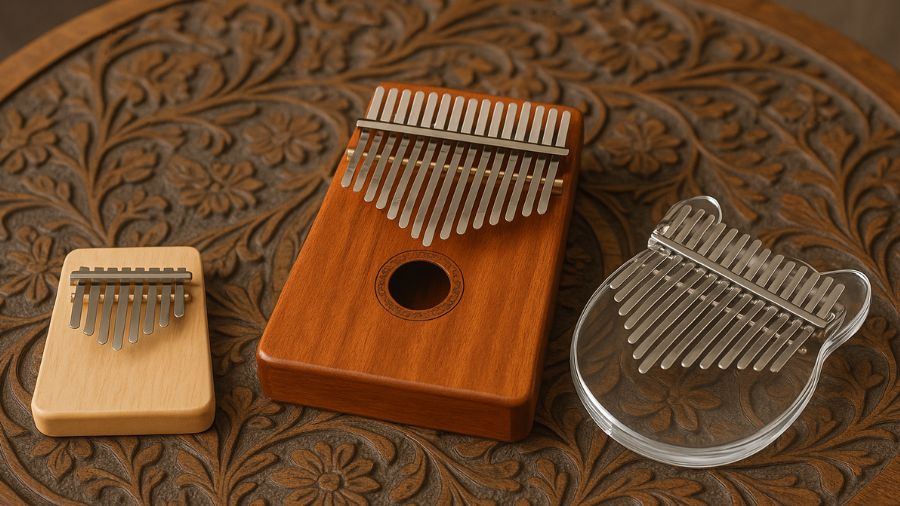Since finding out about essential oil burners, I have been interested in the different types that you can use. One interesting element about oil burners is the material that they are made from. It is commonly known as glass and ceramic oil burners react different to oils and heat. This led us to learn about the pros and cons of each material to find what is best suited for the purpose physically for its function but also aesthetically.
Pros and Cons of Glass Oil Burners
Glass oil burners offer an elegant and timeless appearance that fits well with various interior styles, enhancing any space with the view of a flickering flame for a cozy atmosphere. They are also easier to clean and maintain compared to ceramic options.
They come with some drawbacks, including fragility, as they are prone to cracking or shattering with sudden temperature changes. Design options may be more limited than those available in ceramics, and the exposed flame can pose safety risks, necessitating extra caution during use.
Pros and Cons of Ceramic Oil Burners
Ceramic oil burners are known for their durability and longevity, resisting chipping, cracking, and shattering, which makes them a lasting choice. They offer diverse design possibilities, available in various shapes, sizes, and decorative patterns, allowing for easy integration with different interior styles.
Additionally, their superior heat retention contributes to efficient and even heat distribution. However, they can pose maintenance challenges, as ceramic surfaces may stain or discolor over time. While generally more durable than glass, they can still crack or break with significant impacts or sudden temperature changes, and they may come at a higher cost, especially for premium or custom designs.
Factors to Consider When Choosing
When choosing the right oil burner for your home, consider several important factors. First, heat retention and distribution vary between materials: glass burners heat up quickly but may not retain heat as well, while ceramic burners provide more even and sustained heat. Next, aesthetics matter; glass burners offer a classic, elegant look, whereas ceramic options come in a wider variety of designs.
Durability and maintenance are also key, with ceramic burners generally being more durable, but glass burners may be easier to clean. Safety is crucial as well; both types require careful handling, though glass burners can pose a slightly higher fire risk due to their exposed flames. Finally, keep your budget and local availability in mind to find a high-quality option that meets your needs.
Comparison of Heat Retention and Distribution
Glass and ceramic oil burners have different heat retention and distribution qualities. Glass burners heat up quickly but have lower heat retention and uneven heat distribution. Ceramic burners heat up slightly slower but retain heat better and provide more even and consistent heat distribution. This makes ceramic burners a better choice for larger or open-concept living spaces, where sustained warmth is desired.
Comparison of Durability and Maintenance
When choosing an oil burner, durability and maintenance are crucial factors. Glass oil burners are more prone to cracking or breaking, especially with sudden temperature changes, while ceramic burners are generally more durable and resistant to damage, making them a longer-lasting option.
In terms of maintenance, glass surfaces are easier to clean, whereas ceramic burners can stain or discolor over time, requiring more care. Overall, ceramic oil burners offer greater durability, while glass options provide a low-maintenance choice for those who prefer ease of cleaning.
Where to Buy an Oil Burner

Elevate your space with our stunning Ceramic Oil Burner, handcrafted from natural fired clay with a beautiful floral pattern. Each diffuser is finished with a shiny satin glaze and comes in a variety of vibrant colors like plum purple, light blue, dark blue, pink, green, and orange. Perfect as a decorative gift, simply place a tea light candle in the base and fill the top dish with your favorite essential oils or wax melts to enjoy the soothing aroma. You can shop for a Ceramic Oil Burner here.
Oil Burners: Frequently Asked Questions
Are glass oil burners safer than ceramic ones?
While both glass and ceramic oil burners require careful handling and attention to safety, the exposed flame in glass burners can pose a slightly higher risk of accidental burns or fire hazards. Ceramic burners generally have a lower risk of shattering or exposing flames, making them safer. However, proper installation, maintenance, and vigilance are crucial for the safe use of any oil burner.
Do ceramic oil burners heat up faster than glass ones?
No, glass oil burners heat up faster than their ceramic counterparts. The glass material heats up more quickly, while ceramic burners often take longer to reach their optimal temperature. However, ceramic burners retain heat better and provide more even heat distribution.
Can I use the same oil in both glass and ceramic oil burners?
You can use the same lamp or paraffin oil in glass and ceramic oil burners. However, to ensure safe and efficient operation, it's essential to refer to the manufacturer's recommendations and use the appropriate fuel type for your specific burner model.
How do I clean and maintain a glass or ceramic oil burner?
Cleaning and maintenance requirements vary between glass and ceramic oil burners:
- Glass burners are typically easier to clean, often requiring a simple wipe-down with a damp cloth or mild cleaning solution.
- Ceramic burners may be more prone to staining or discolouration and require more diligent cleaning, such as using a soft-bristled brush or specialized ceramic cleaner. Always follow the manufacturer's instructions for proper cleaning and maintenance to ensure your oil burner's longevity and safe use.

